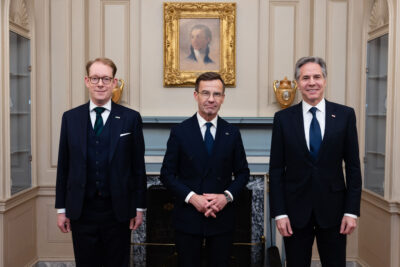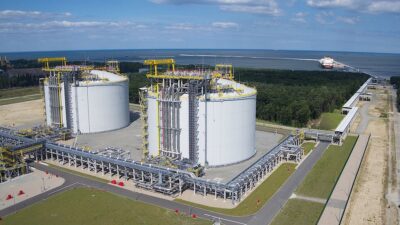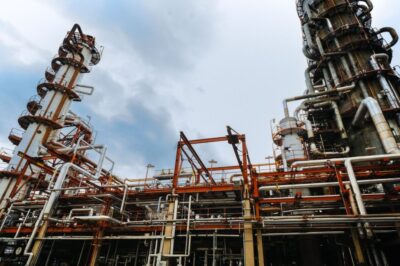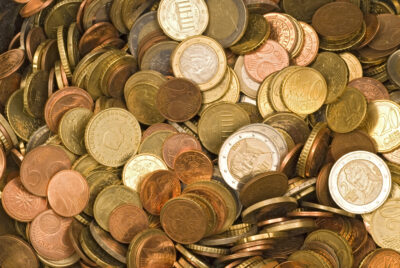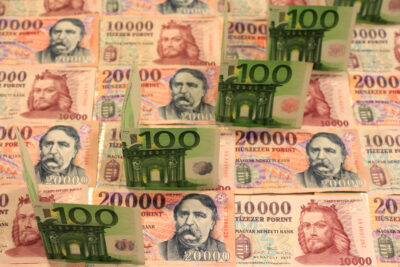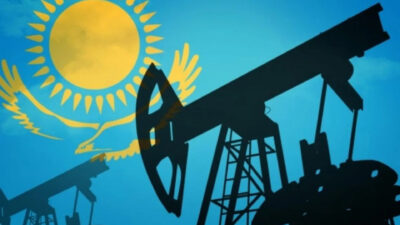The Central European Natural Gas Market in 2026
The Central European natural gas market will play a crucial role in ensuring the region’s overall energy security in 2026. Following the supply shock triggered by Russia’s full‑scale invasion of Ukraine in 2022, countries in the region have gradually adapted their supply models to the new geopolitical realities. A key element of this transformation has been liquefied natural...
More →


